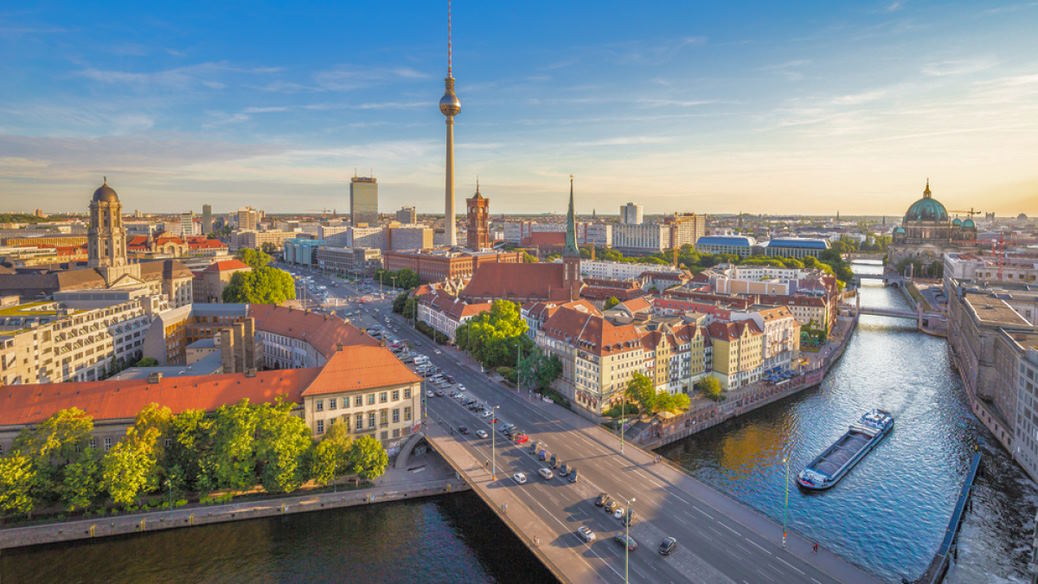Niche tourism, characterized by its focus on specialized and unique experiences, has emerged as a significant force in the global travel industry. In Europe, a continent renowned for its rich history, diverse cultures, and breathtaking landscapes, niche tourism markets are thriving. From adventure seekers yearning for thrilling experiences to culinary enthusiasts eager to explore local flavors, Europe offers a plethora of opportunities for niche tourism development.
Opportunities in Niche Tourism Markets
Growing demand for unique and specialized experiences:
In today’s world of travel, tourists are increasingly seeking experiences that go beyond the traditional sightseeing and beach vacations. They crave unique and specialized experiences that allow them to immerse themselves in the local culture, explore off-the-beaten-path destinations, and engage in activities that align with their personal interests and passions. This growing demand presents a remarkable opportunity for niche tourism markets in Europe. Whether it’s hiking in the majestic Alps, participating in cooking classes to learn authentic regional recipes, or embarking on wildlife safaris in pristine natural reserves, niche tourism caters to the discerning traveler’s desire for extraordinary and unforgettable experiences.
Advantages of niche tourism for local economies:
Niche tourism brings significant economic benefits to local communities and economies. Unlike mass tourism, which often generates revenue for large corporations and international hotel chains, niche tourism encourages visitors to interact with local businesses and artisans. By promoting unique attractions and cultural experiences, niche tourism creates opportunities for small-scale entrepreneurs, artisans, and service providers to showcase their products and services, thereby stimulating the local economy. Moreover, niche tourists tend to stay longer, spend more money, and contribute to the sustainable growth of local businesses, providing a vital lifeline to rural and less-developed regions.

Potential for sustainable tourism development:
One of the key advantages of niche tourism lies in its potential for sustainable tourism development. Niche tourists are often driven by a desire to connect with nature, culture, and communities in an environmentally and socially responsible manner. This presents an opportunity to develop tourism initiatives that prioritize sustainability, conservation, and the preservation of local heritage. By emphasizing eco-friendly practices, responsible wildlife viewing, and the support of local conservation efforts, niche tourism can play a crucial role in protecting delicate ecosystems and promoting sustainable development in Europe’s pristine natural areas.
Innovation and creativity in niche tourism offerings:
Niche tourism markets encourage innovation and creativity in the development of unique experiences and offerings. To meet the demands of discerning niche travelers, entrepreneurs and tourism operators must think outside the box and continually strive to provide fresh, authentic, and immersive experiences. This drive for innovation fosters the creation of new tourism products, such as specialized guided tours, adventure activities, cultural festivals, and culinary events. The constant pursuit of uniqueness and creativity in niche tourism not only attracts visitors but also fuels entrepreneurial growth and fosters a vibrant tourism ecosystem in Europe.
Challenges in Niche Tourism Markets
Maintaining authenticity and managing overtourism:
One of the main challenges faced by niche tourism markets is the delicate balance between maintaining authenticity and managing overtourism. As niche destinations gain popularity, there is a risk of overwhelming local communities and diluting the very essence that attracted tourists in the first place. Overtourism can strain infrastructure, degrade natural and cultural resources, and disrupt the daily lives of residents. To address this challenge, careful planning and sustainable management practices are required to ensure that the influx of tourists is sustainable, respectful, and enhances the authenticity of the destination.
Balancing preservation and commercialization:
 Niche tourism often revolves around unique cultural, historical, or natural assets that need to be preserved for future generations. However, striking a balance between preserving these assets and capitalizing on their commercial potential can be a complex task. The commercialization of niche tourism offerings must be done in a way that respects the integrity of the destination and avoids commodification. Careful consideration of carrying capacities, zoning regulations, and responsible development practices are necessary to ensure that the commercial aspects of niche tourism do not compromise the very essence and sustainability of the destination.
Niche tourism often revolves around unique cultural, historical, or natural assets that need to be preserved for future generations. However, striking a balance between preserving these assets and capitalizing on their commercial potential can be a complex task. The commercialization of niche tourism offerings must be done in a way that respects the integrity of the destination and avoids commodification. Careful consideration of carrying capacities, zoning regulations, and responsible development practices are necessary to ensure that the commercial aspects of niche tourism do not compromise the very essence and sustainability of the destination.
Infrastructure and accessibility limitations:
Many niche tourism markets are located in remote or less-developed areas, which often face infrastructure and accessibility limitations. Limited transportation options, inadequate accommodations, and insufficient tourist facilities can hinder the growth of niche tourism. Addressing these limitations requires investment in infrastructure development, including improving road networks, expanding public transportation options, and providing suitable accommodations and amenities. Additionally, enhancing accessibility through better air, rail, and bus connections can open up niche tourism markets to a wider audience and stimulate their economic potential.
Marketing and promotion of niche tourism destinations:
Niche tourism markets often struggle with marketing and promoting their unique offerings to the target audience effectively. Limited marketing budgets, lack of visibility in mainstream travel channels, and the challenge of standing out in a crowded tourism landscape can hinder the growth of niche destinations. Overcoming this challenge requires innovative marketing strategies, effective use of digital platforms and social media, collaboration with travel influencers and bloggers, and partnerships with specialized tour operators. By raising awareness and showcasing the distinct experiences and attractions of niche tourism destinations, they can attract the attention of travelers seeking unique and offbeat experiences.
